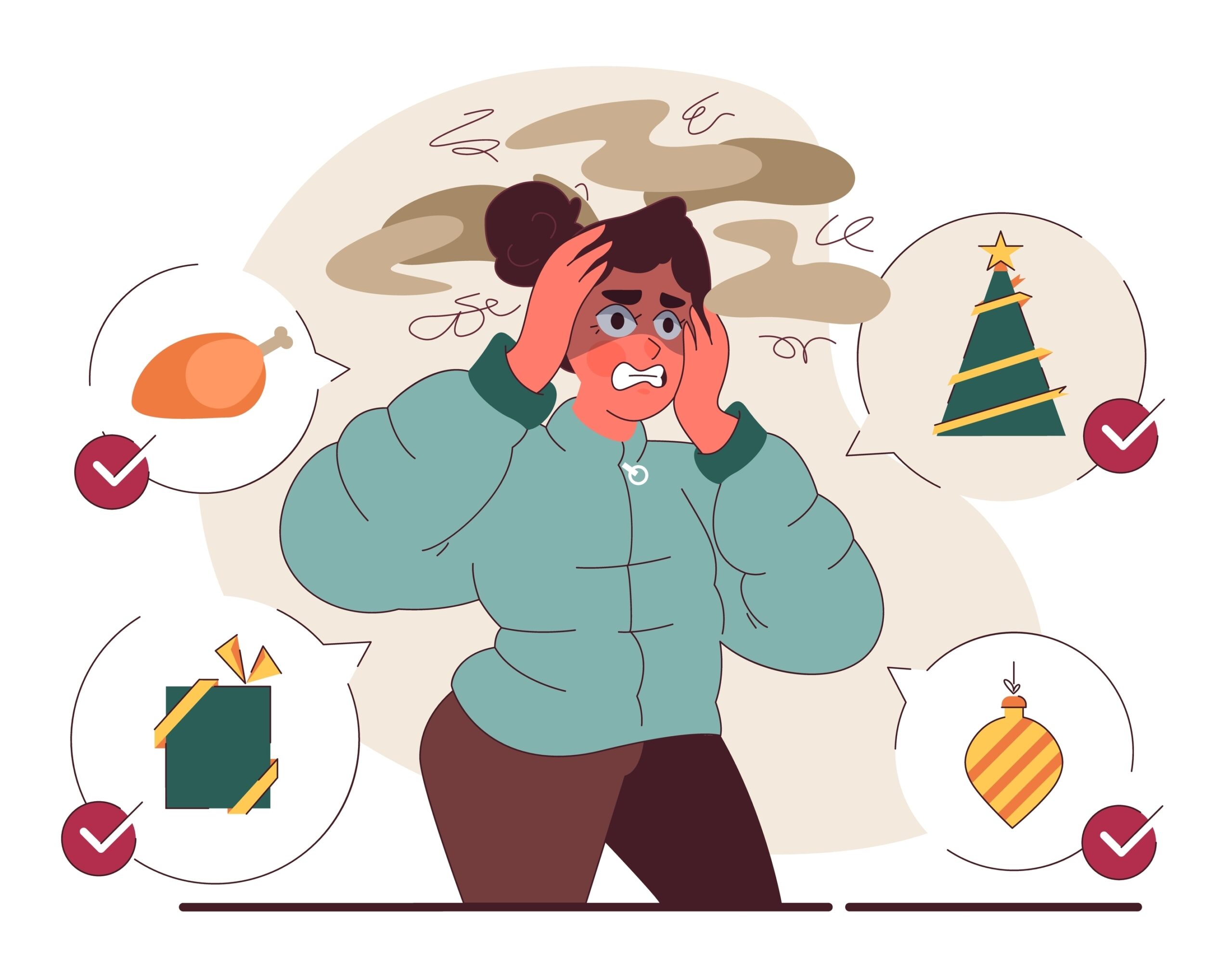PTSD (Post-Traumatic Stress Disorder) is a term that many have heard but few fully understand. It represents a profound emotional response to trauma, significantly affecting the lives of those who experience it.
PTSD Awareness Month, recognized each June, is a perfect time to shed light on this condition. Understanding and addressing trauma is crucial, as is spreading the word that effective treatments are available and healing is possible.
What is PTSD?
PTSD is a mental health condition triggered by experiencing or witnessing a traumatic event. This could be anything from combat exposure to natural disasters, serious accidents, or personal assaults. When faced with such severe stress, it’s normal for our minds and bodies to react intensely.
PTSD is a common response, and recognizing this can be the first step towards healing.
Signs and Symptoms of PTSD
Recognizing the signs and symptoms of PTSD can help in understanding and seeking help. Common symptoms include:
- Flashbacks: Reliving the traumatic event as if it’s happening again.
- Nightmares: Disturbing dreams related to the trauma.
- Severe anxiety: Constant worry and tension.
- Avoidance: Steering clear of places, events, or objects that are reminders of the trauma.
- Changes in mood and thinking: Feeling detached from others, experiencing negative thoughts about oneself or the world, and losing interest in activities once enjoyed.
Imagine a veteran who avoids fireworks displays because they trigger intense memories of combat. Or consider a car accident survivor who feels anxious even at the sight of a car. These examples highlight the importance of taking the first step toward healing.
The Impact of PTSD
PTSD can seep into every corner of a person’s life, creating challenges that can feel overwhelming.
Professional Life
In the workplace, PTSD can significantly disrupt an individual’s ability to function effectively. Concentration often becomes difficult, as intrusive thoughts and memories can dominate the mind. This lack of focus can lead to decreased productivity and an increased likelihood of mistakes.
The heightened state of anxiety common in PTSD sufferers can make it challenging to handle the normal stresses of a job, leading to burnout. Absenteeism may also increase, as individuals might take time off to avoid triggering situations or due to physical symptoms such as fatigue or headaches. Over time, these challenges can jeopardize job stability and career progression.
Personal Relationships
The ripple effects of PTSD extend into personal relationships, often straining connections with loved ones. Those with PTSD might withdraw from social interactions, isolating themselves from friends and family. This withdrawal can be misunderstood as a lack of interest or affection, leading to further emotional distance.
Alternatively, individuals might experience intense emotional outbursts, including anger or irritability, which can be hard for loved ones to understand or manage. These behaviors can create a cycle of tension and misunderstanding, weakening the support system that is crucial for recovery.
Emotional and Mental Health
Self-esteem often takes a hit for those with PTSD. The condition can lead to persistent feelings of guilt or shame, especially if the individual blames themselves for the traumatic event or its aftermath. These negative emotions can erode one’s sense of self-worth, making it even harder to seek help or believe in the possibility of recovery.
PTSD can co-occur with other mental health issues such as depression, anxiety disorders, and substance abuse, compounding the emotional burden.
Physical Health
The impact of PTSD is not limited to mental and emotional well-being; it can also affect physical health. Chronic stress associated with PTSD can lead to various health problems, including heart disease, gastrointestinal issues, and a weakened immune system. Sleep disturbances, such as insomnia or nightmares, are common and can exacerbate fatigue and reduce overall quality of life. These physical symptoms add another challenge to managing daily activities and maintaining a healthy lifestyle.
Despite these significant challenges, it’s crucial to focus on the potential for recovery. Many people with PTSD lead fulfilling lives with the right support and treatment.
Therapy and Support for PTSD
Seeking professional help is a key step in managing PTSD. There are several effective therapies available:
- Cognitive Behavioral Therapy (CBT): Helps individuals reframe negative thoughts and behaviors.
- Eye Movement Desensitization and Reprocessing (EMDR): Uses guided eye movements to process and reduce the impact of traumatic memories.
In addition to these therapies, support systems play an equally vital role in recovery. Family, friends, and community resources can offer emotional support, understanding, and practical help. Encouraging a loved one to seek professional help, being patient with their process, and creating a safe and supportive environment can significantly aid in their journey to recovery.
Self-Care Strategies for Managing PTSD
Self-care plays a crucial role in managing PTSD. Here are some practical tips:
- Mindfulness: Practices such as meditation and deep breathing can help ground individuals in the present moment.
- Exercise: Physical activity releases endorphins, which can improve mood and reduce anxiety.
- Journaling: Writing down thoughts and feelings can be a therapeutic way to process emotions.
Finding activities that bring joy and relaxation, whether it’s a hobby or spending time in nature, is essential. Self-compassion and patience are crucial, as healing is a journey that takes time.
Healing is Possible
Healing from PTSD is possible. It starts with taking small steps towards recovery and seeking help when needed. If a loved one suffers from PTSD, you can help them on their journey to healing by listening, avoiding judgment, and giving them space and patience to find their way.
With professional help, support from loved ones, and self-care, anyone can heal from PTSD. If you or someone you know is struggling with PTSD, reach out to a mental health professional. Resources and support services are available to help you on your journey.













